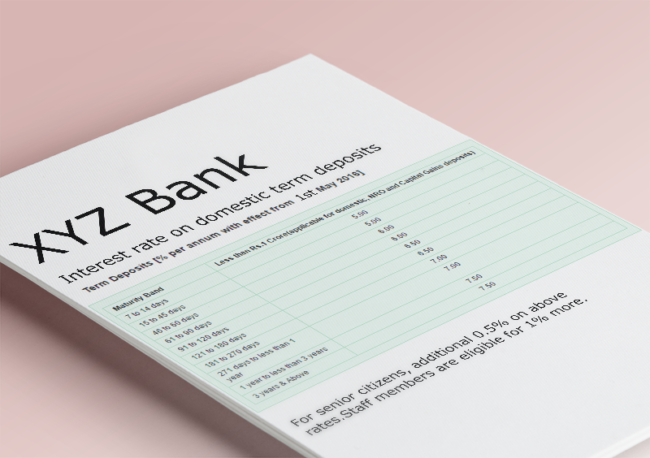How to prepare a Bank Reconciliation Statement with Cash Book and Pass Book?
The process of reconciliation ensures the accuracy and validity of financial information. Also, a proper reconciliation process ensures that unauthorized changes have not occurred to transactions during processing. Bank account reconciliation can be manually carried out at a periodic interval when extracts of the Cash Book and updated Pass Book/bank statement are readily available. The…







